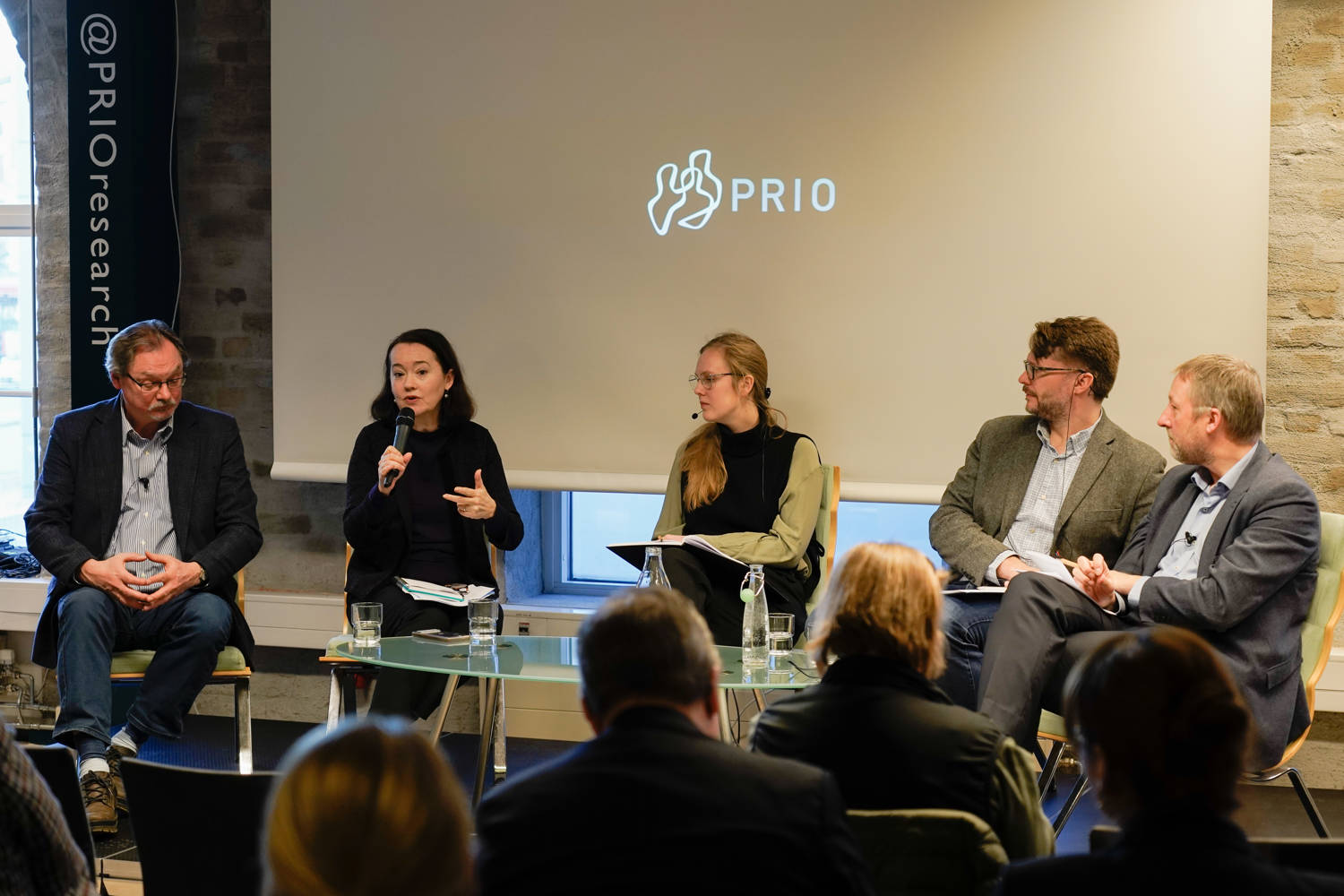
A year after Russia invaded Ukraine, it appears that the direct and indirect effects of the war may last for years, and permeate across the world. In this upcoming public seminar, four PRIO researchers will discuss the international implications of the war so far and prospects for the future. The discussion will give special focus to the implications of the conflict for Europe, the Middle East and the Sahel.
The discussion will be moderated by PRIO director Henrik Urdal and speakers will be:
Pavel Baev, Research Professor, Peace Research Institute Oslo
Pavel Baev will discuss Russian options for correcting its earlier miscalculations on both the ability of Ukraine to fight back, and the willingness of the West to provide military aid and reorganize energy sectors. Baev will consider what Putin needs to do in the short run to keep up some momentum, and how Russia can build up the domestic and international resources needed for a long war.
Nicholas Marsh, Senior Researcher, Peace Research Institute Oslo
Nicholas Marsh will talk about how Ukraine’s friends in the West have tried to walk a difficult line between supporting Ukraine, avoiding Russian escalation and being able to sustain long-term donations of equipment. Marsh will discuss the challenges, dilemmas and prospects inherent in Western aid for Ukraine. He will consider the tensions between countries providing aid, and between donors and Ukraine.
Marie Sandnes, Doctoral Researcher, Peace Research Institute Oslo
Marie Sandnes will consider how the indirect effects of the Ukraine war have intensified a worsening humanitarian situation in the Sahel. The region has become a focus for global competition. For example, in Mali the Russian Wagner Group has replaced French troops as the main security partner, something that could possibly also happen in Burkina Faso.
Pinar Tank, Senior Researcher, Peace Research Institute Oslo
Pinar Tank will discuss how the Ukraine war has impacted the Middle East, presenting the nature of transactional alliances between Russia and key players in the region, such as Turkey and Iran. The concentration of global attention on the war in Ukraine and its consequences has taken the spotlight off of Syria and introduced new dynamics on the ground in Syria.





